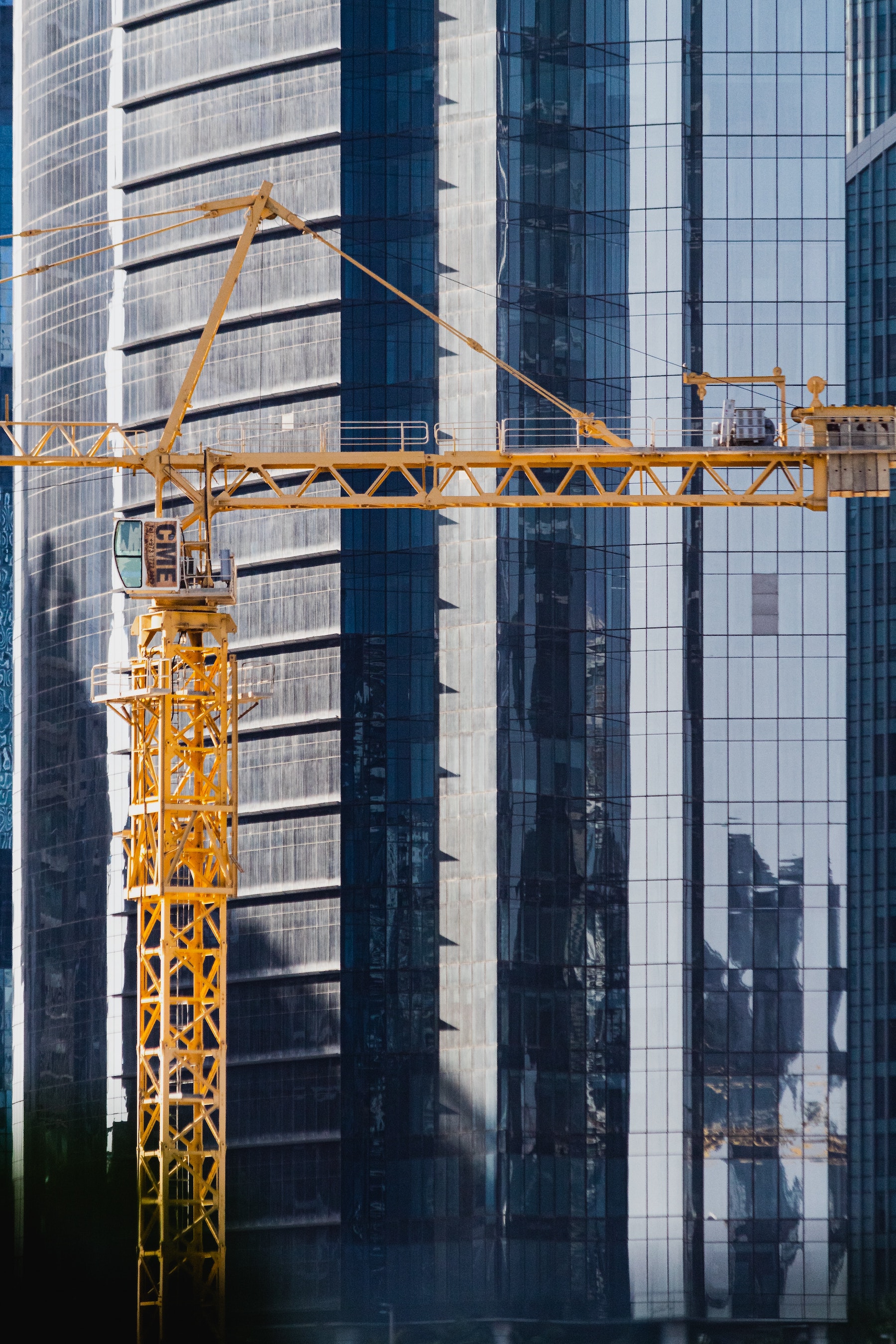The Washington, D.C. City Council unanimously passed legislation that would require all new buildings and substantial renovations in D.C. to be net-zero construction by 2026.
The legislation also bans most natural gas use in new buildings. Net-zero building codes would cover all commercial buildings, condo and apartment buildings, as well as single-family homes taller than three stories.
The Council also passed separate climate legislation that commits the entire city to carbon neutrality by 2045. Influencing this lawmaking, a study released earlier this year found that natural gas leaks around the D.C. are significant contributors to climate change.
The bill requires audits every three years, starting in 2029, to report the percentage of new buildings in compliance with net-zero requirements. Shorter term goals in the legislation include a 60% cut in carbon emissions by 2030, and District government-owned buildings going carbon neutral by 2040.
Related Stories
| Sep 7, 2012
Lorain, Ohio considers halting downtown construction while it works out development plan
Construction would stop downtown for six months while Lorain, Ohio officials consider a development plan for the city, according to new legislation.
| Sep 7, 2012
Business, labor groups push for easing of California’s Environmental Quality Act
Business and labor groups have combined forces to push for a change to California's Environmental Quality Act, specifically its complex review process for building and construction projects.
| Aug 30, 2012
Federal government cancels defense contracts worth $2.15 billion
This action may foreshadow federal spending cuts scheduled for year's end if Congress takes no action on the federal budget.
| Aug 30, 2012
Georgia drops LEED wood source standard on state projects
Currently, LEED green building standards only accept timber products certified by the Forest Stewardship Council (FSC).
| Aug 21, 2012
Federal Safe Building Code Incentive Act’s bipartisan support, no notable objection, bodes well for passage
The Safe Building Code Incentive Act would give states a little extra post-disaster federal funding if they enacted and enforced nationally recognized building codes for businesses and residences before disaster strikes.
| Jul 12, 2012
Federal budget chief to explain impact of pending defense cuts before Congress
Office of Management and Budget Director Jeffrey Zients is scheduled to testify before the House Armed Services Committee Aug. 1 to explain the possible effects of $500 billion in defense cuts on U.S. companies, including those in the design and construction industry.
| Jul 12, 2012
Pennsylvania legislature moves to prevent undocumented workers on public construction projects
Legislation to prevent undocumented workers from being hired by construction companies working on state-funded projects passed the Pennsylvania Legislature.
| Jun 14, 2012
Minnesota Vikings stadium plan gets legislative go-ahead
Legislation that approved the construction of a new billion dollar stadium for the Minnesota Vikings passed the Minnesota legislature.
| Jun 1, 2012
New BD+C University Course on Insulated Metal Panels available
By completing this course, you earn 1.0 HSW/SD AIA Learning Units.
| May 31, 2012
Proposed change in Michigan’s building code would hurt innovation, say critics
Legislation pending before the Michigan Senate would change the law that calls for building codes to be updated every three years to require an update only every six years.
















